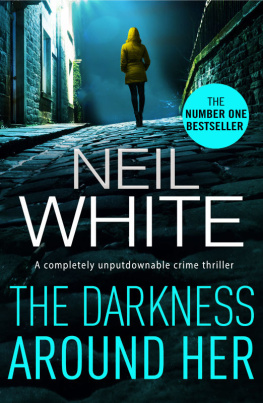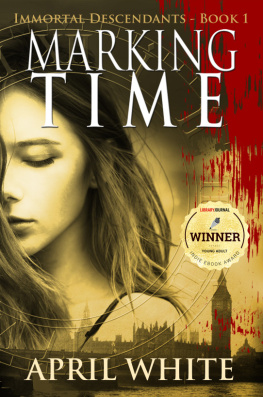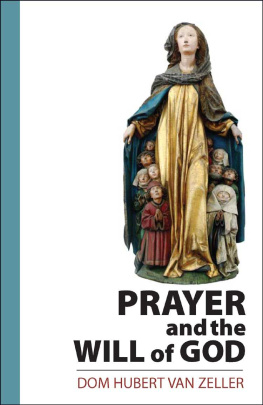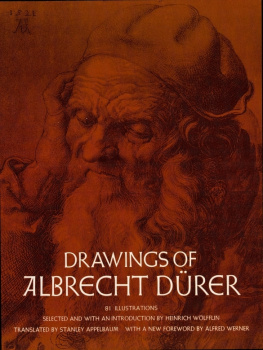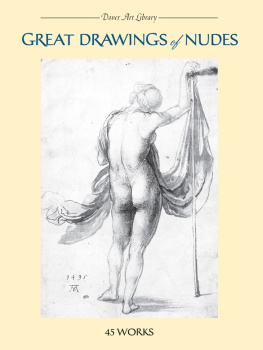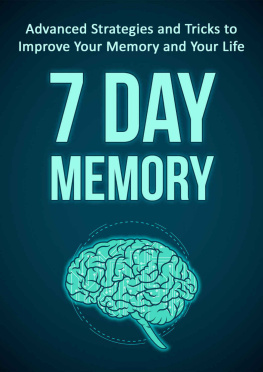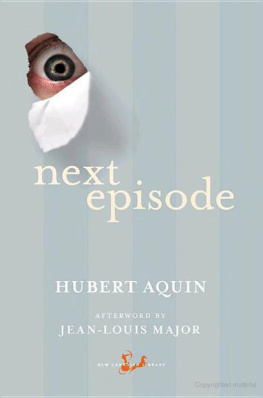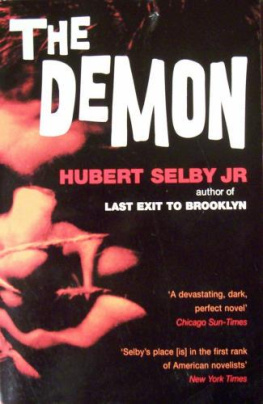White - Our Paris: Sketches from Memory
Here you can read online White - Our Paris: Sketches from Memory full text of the book (entire story) in english for free. Download pdf and epub, get meaning, cover and reviews about this ebook. year: 2011, publisher: Knopf Doubleday Publishing Group, genre: Non-fiction. Description of the work, (preface) as well as reviews are available. Best literature library LitArk.com created for fans of good reading and offers a wide selection of genres:
Romance novel
Science fiction
Adventure
Detective
Science
History
Home and family
Prose
Art
Politics
Computer
Non-fiction
Religion
Business
Children
Humor
Choose a favorite category and find really read worthwhile books. Enjoy immersion in the world of imagination, feel the emotions of the characters or learn something new for yourself, make an fascinating discovery.

- Book:Our Paris: Sketches from Memory
- Author:
- Publisher:Knopf Doubleday Publishing Group
- Genre:
- Year:2011
- Rating:4 / 5
- Favourites:Add to favourites
- Your mark:
- 80
- 1
- 2
- 3
- 4
- 5
Our Paris: Sketches from Memory: summary, description and annotation
We offer to read an annotation, description, summary or preface (depends on what the author of the book "Our Paris: Sketches from Memory" wrote himself). If you haven't found the necessary information about the book — write in the comments, we will try to find it.
White: author's other books
Who wrote Our Paris: Sketches from Memory? Find out the surname, the name of the author of the book and a list of all author's works by series.
Our Paris: Sketches from Memory — read online for free the complete book (whole text) full work
Below is the text of the book, divided by pages. System saving the place of the last page read, allows you to conveniently read the book "Our Paris: Sketches from Memory" online for free, without having to search again every time where you left off. Put a bookmark, and you can go to the page where you finished reading at any time.
Font size:
Interval:
Bookmark:
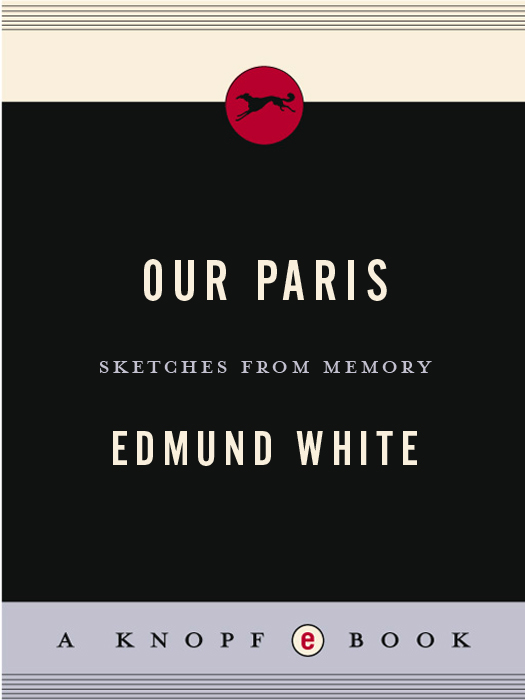
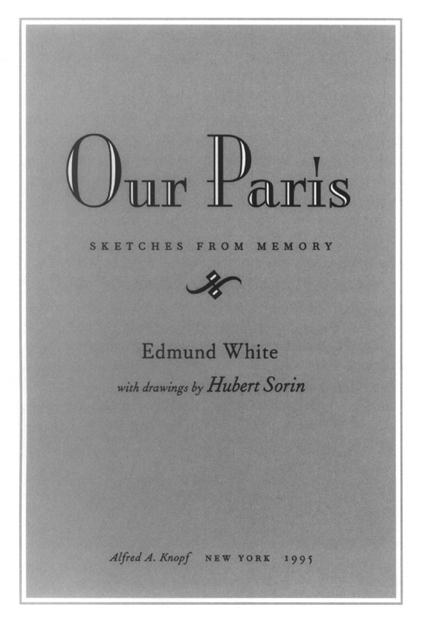

THIS IS A BORZOI BOOK
PUBLISHED BY ALFRED A. KNOPF, INC.
Copyright 1994 by Edmund White
Illustrations copyright 1994 by the Estate of Hubert Sorin
All rights reserved under the International and Pan-American Copyright Conventions. Published in the United States by Alfred A. Knopf, Inc., New York. Distributed by Random House, Inc., New York. Originally published in Great Britain as Sketches from Memory: People and Places in the Heart of Our Paris by Chatto & Windus and Picador in 1994.
Library of Congress Cataloging-in-Publication Data White, Edmund, [date]
Our Paris : sketches from memory / by Edmund White : with drawings by Hubert Sorin.
p. cm.
eISBN: 978-0-307-80046-6
1. 4e Arrondissement (Paris, France)Social life and customsPictorial works. 2. Paris (France)Social life and customsHumor. 3. White, Edmund, [date] Homes and hauntsFranceParis. 4. Sorin, Hubert, [date]Homes and hauntsFranceParis. 5. Gay menFranceParisSocial life and customs. 6. AIDS (Disease)FranceParis. 7. AmericansFranceParisBiography. I. Title.
DC752.A04W48 1995
944.361dc20 95-14450
v3.1
So many of my friends with AIDS have wanted to write a book or make some other kind of work of art to celebrate or at least to mark their passage on earth and in time. Few of these ambitions have been realized, either because illness has interfered with their execution or because the world (or the marketplace) has taken no interest in their efforts.
Hubert Sorin, my lover, who died just two hours ago in the Polyclinique du Sud in Marrakesh, was an architect who turned himself into an illustrator with a remarkable patience and diligence and above all with a flair for capitalizing on his talents and pictorial discoveries.
He was a meticulous, orderly young man (he was just thirty-two years old) with a clear, blue-gray eye for detail and for visual (and literary) quality. When he realized in 1990 that he could no longer work as an architect, with simplicity and professionalism he set about becoming an artist.
Like many men and women of his generation in France, he took a vivid pleasure in adult comic books and was always picking up the latest Fluide glacial or a reprint of a classic Astrix or Tintin. Although hed long entertained vague thoughts about becoming a painter, he was well informed enough to know that the art world has little to do with art and quite a bit to do with trends that are both commercial and pretentiously art-historical. He realized hed have much more freedom if he took up the so-called secondary art of illustration.
In 1990, when we were living in the United States, he started to acquire his characteristic line, his patte, through hundreds of hours of drawing cartoon figures. They were seldom elaboratein the beginning they were just a dash and a knot, a stick and a ball, a ponytail and glasses: a rapid jet of lovely calligraphy.
And from the first these little people, ces bonhommes et bonnes femmes, were integers in a storytelling calculus of his own devising. He saw stories and, as with the ancient Egyptian scribes, his columns and columns of figures and animals were intrinsically narrative. Hed satirize himself as the acid-tongued Frenchman among well-meaning American hicks. Or hed imagine the Chinese couple who cleaned for us once a week as spies sending back to their government a confused, hilarious report on our peculiar activities. The amorous adventures of our friends were also subjects for his sharp if affectionate eye. Of course his great theme was cultural differences.
Im writing this page with his beautiful Art Pen, which he always forbade me to touch; today I couldnt find anything else to write with, and I wanted toneeded togive a form to my grief that he would have approved of. Thats why Im daring to use your pen, Hubert. Four days before he died he said that after his death I should write something about him for our bookNot to praise me, he was careful to add, but just for the sake of the book.
He put together two books, this one and an earlier one. The first, Mmoires dessines, was published in Paris in 1992 as a limited-edition artists book by Rachel Stella, the art dealer and daughter of painter Frank Stella and art critic Barbara Rose. Rachel was convinced of Huberts importance as an artist and celebrated the publication of his book with a big, glamorous party in her gallery, an evening attended by many French and American collectors, writers and figures in the art world.
Mmoires dessines is a quirky, droll, sometimes bitchy look at the people he and I were meeting in France and the States. The chapters are comic strips, that is, successive frames of images and words telling a story, though the term comic strip seems misleading. The stories are all about the foibles and eccentricities of members of our circle, whom Hubert invariably saw in mythic terms. He assumed readers would recognize the names of our friends; perhaps now theyll arrange for their names to become household words just to substantiate this generous whim of his.
The figures, no longer his petits bonhommes, were now drawn with a hieratic sophistication, as though Aubrey Beardsley had gone pharaonic. The words, which switched blithely in mid-sentence from English to French, revealed a sensitivity to social nuance which reminds us that in French malicieux means sly and malin means clever; the evil, or mal, in each word is the necessary spice for the savory dish. Huberts expectations of his readers were absurdly demandingbut no higher than those of most contemporary poets, I suppose.
He always wanted us to work on a book together, but Ive never liked collaborations. Nor did I think I could find a tone that would go with his drawings (the word he liked, dessins, as opposed to illustrations). As his health began to deteriorate rapidly after we moved in January 1993 to the Chtelet district of Paris, I overcame my misgivings and laziness, and a few months later we started to work on Our Paris. He was determined to finish the book before he died; unlike me, he seemed to know he had only a very limited time to livea year and six weeks, to be exact.
I kept thinking hed live on and on. Id been diagnosed as HIV positive in 1985 and my health had in no way deteriorated. Hubert was receiving two different experimental treatments, one of which seemed promising. I suppose I let myself be seduced by the current cant about AIDS becoming a manageable chronic disease like diabetes. Its no such thing, but I was encouraged to hold on to this fantasy by my love for him and my fear of losing him. He knew the truth, though, and in his last three months longed to die in order to be freed of an existence that had become almost entirely one of suffering.
What kept him alive was the idea of finishing this book. At first he worked far ahead of me, although in the last two months I caught up with him. Sometimes he had only a good half-hour a day, but that half-hour he devoted to drawing. He did the cover and I completed all the texts just before we set off on a last trip to Morocco. Even there he hoped to work and brought along his Art Pen and Canson paper. He wanted to do one last drawing (of the young Australian woman singing in the streets), to appear at the very end in order to balance the first drawing of the street singer.
Font size:
Interval:
Bookmark:
Similar books «Our Paris: Sketches from Memory»
Look at similar books to Our Paris: Sketches from Memory. We have selected literature similar in name and meaning in the hope of providing readers with more options to find new, interesting, not yet read works.
Discussion, reviews of the book Our Paris: Sketches from Memory and just readers' own opinions. Leave your comments, write what you think about the work, its meaning or the main characters. Specify what exactly you liked and what you didn't like, and why you think so.




